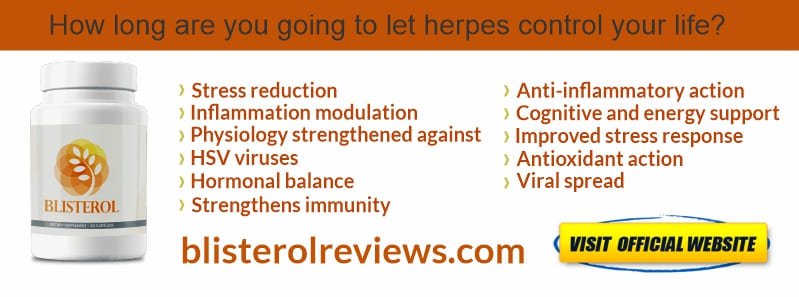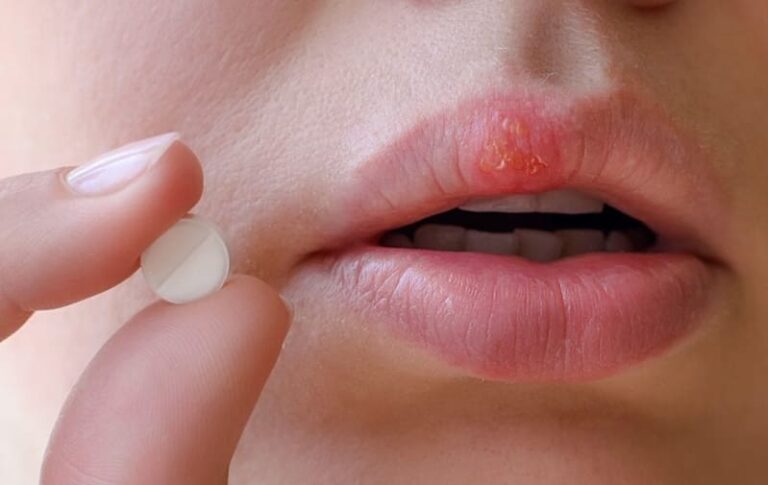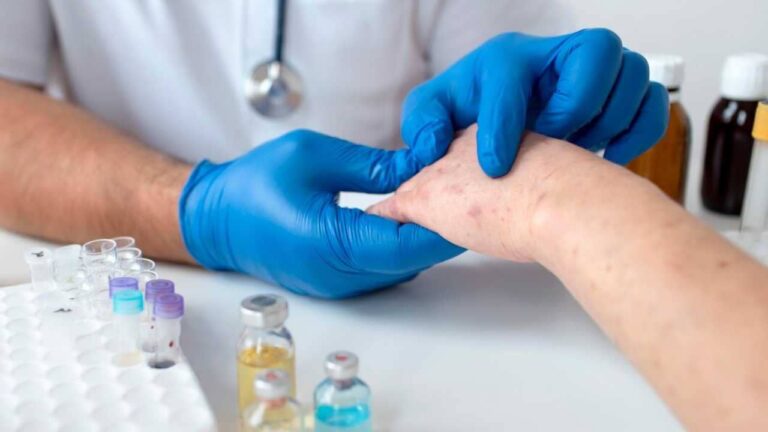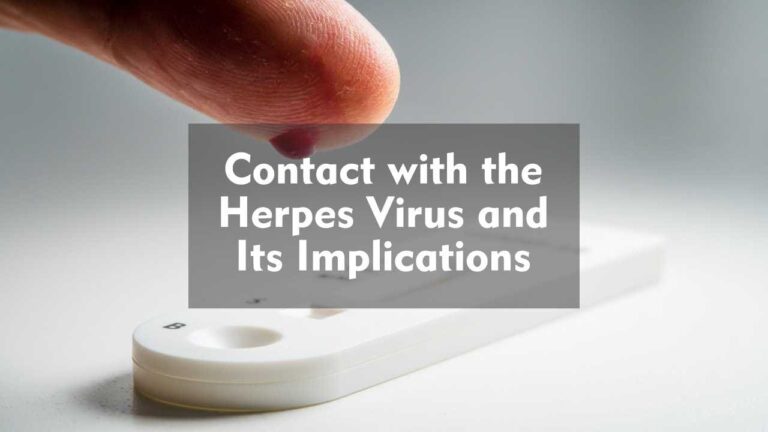There are two main types of herpes simplex virus (HSV): HSV-1 and HSV-2. In this article, we will focus on HSV-1 herpes, its characteristics, modes of transmission, symptoms, and treatment options. HSV-1 is known as the virus responsible for the development of oral herpes, a condition characterized by the appearance of sores or lesions on the lips, mouth, or surrounding area.
It can also cause genital infections, although HSV-2 is more commonly associated with these infections. It is estimated that approximately 67% of the global population under the age of 50 is infected with HSV-1.
How Herpes HSV-1 is Transmitted?
Transmission of HSV-1 mainly occurs through direct contact with active lesions, such as kissing an infected person or sharing personal items like utensils or cups.
It is important to note that the virus can also be transmitted even when there are no visible signs of lesions. Additionally, HSV-1 can be transmitted from the mouth to the genitals through oral sex.
After the initial infection, the virus remains in the body in a latent form, residing in the nerve ganglia near the spinal cord.
In some individuals, HSV-1 can remain dormant for long periods of time, while in others, it can be periodically reactivated, resulting in the appearance of oral herpes outbreaks.
What are the symptoms of Herpes HSV-1?
The symptoms of herpes HSV-1 typically include the formation of painful, fluid-filled blisters on the lips, mouth, gums, tongue, or genital area. These lesions can cause discomfort, itching, burning, and pain. Other possible symptoms include fever, headaches, and muscle aches.
It is important to remember that each person may react differently to HSV-1 infection, and some individuals may not have visible symptoms.
How to Prevent the Transmission of Herpes HSV-1
To prevent the transmission of herpes HSV-1 to other individuals, in addition to following the preventive measures mentioned earlier, here are some specific guidelines to avoid spreading the virus:
- Avoid direct contact during outbreaks: During active outbreaks of oral or genital herpes, avoid direct contact with other people, especially with affected areas. This includes kissing, sharing food utensils, cups, towels, or any personal items that may come into contact with active lesions.
- Practice good hygiene: Wash your hands frequently, especially after touching active lesions or affected areas. This helps reduce the spread of the virus to other parts of the body or to other people. Avoid touching your face, especially the affected areas, to minimize the risk of self-inoculation.
- Avoid sex during outbreaks: During genital outbreaks, it is recommended to avoid sexual contact to reduce the risk of HSV-1 transmission to your partner. It is important to remember that herpes can be transmitted even in the absence of visible lesions, so prevention is important even when there are no active outbreaks.
- Inform your sexual partner: It is crucial to be open and honest with your partner about your herpes HSV-1 condition. Discuss the risks involved and take joint measures to reduce transmission. Open communication is essential to ensure that both parties are aware and take appropriate precautions.
- Avoid sharing personal items: Do not share personal items that come into contact with active lesions, such as utensils, cups, toothbrushes, lipsticks, and towels. This can help prevent the transmission of the virus to other individuals.
- Natural supplements: Boosting the immune system can help reduce the frequency and severity of outbreaks. Natural supplements can aid in strengthening the immune system, as they contain important nutrients to keep our bodies healthy.
- Practice safe sex: Use condoms to reduce HSV-1 transmission risk to your partner during sexual intercourse. However, it is important to note that condom use does not provide complete protection, as the virus can be transmitted through contact with uncovered areas.
Sumary
Herpes HSV-1 is a prevalent viral infection that affects a large portion of the population. While it is a chronic and incurable disease, there are treatment options available to help control outbreaks and alleviate symptoms. Prevention and healthcare can reduce outbreak frequency, severity, and transmission risk of HSV-1.
Herpes-Compatible Dating Sites
Some people choose to avoid the awkwardness of having to disclose their herpes status to someone and opt for online dating platforms for people with herpes. Meet Positive Singles. This can be a great avenue, but don’t dismiss the idea of getting to know someone who doesn’t have herpes! Keep your head up, feel comfortable sharing your status, and see what happens!




